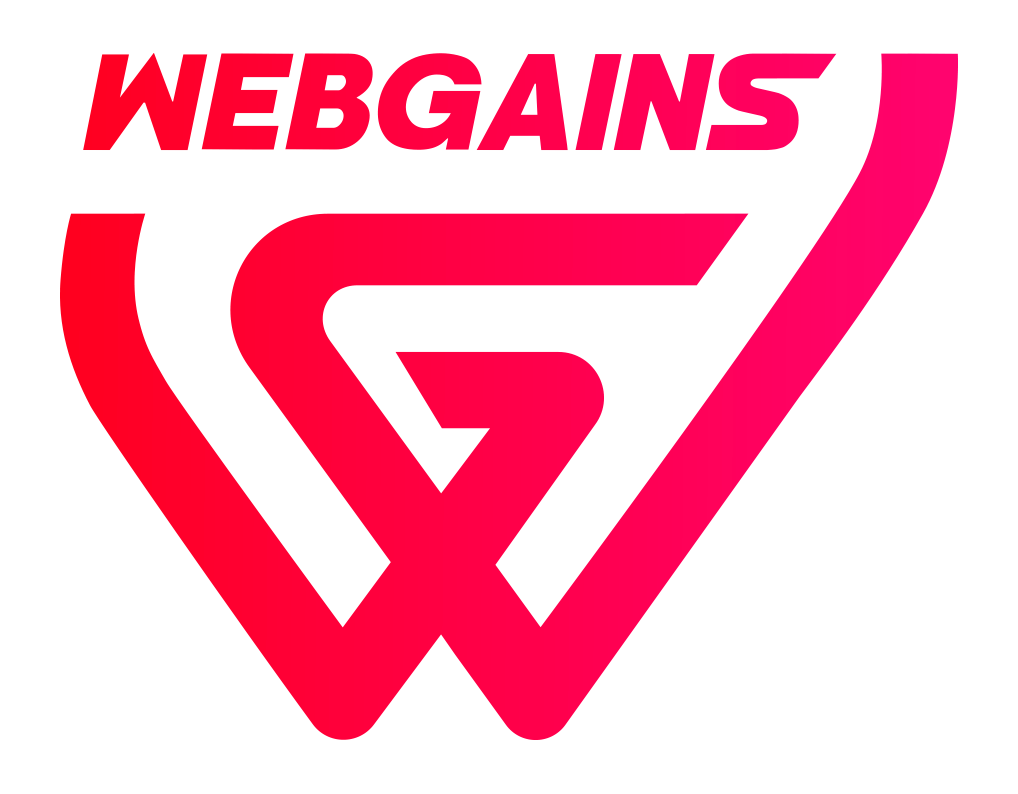When building a solid strategy for your affiliate program you need to consider the mix of publishers (or affiliates) on your program. It is helpful to the think of the Digital Marketing Funnel when doing this.
The Digital Marketing Funnel represents the stages a potential customer goes through before making a purchase, from initial awareness to post-purchase loyalty and retention. You may often see the purchase funnel referred to as the ‘customer funnel,’ ‘marketing funnel,’ ‘sales funnel’ or ‘conversion funnel.’
Traditionally, affiliates were viewed as contributing mainly to the bottom of the funnel (conversion stage), focusing on driving sales through cashback, voucher codes, and discount sites. However, affiliates can be effectively leveraged at every stage of the funnel, supporting brand visibility, consideration, conversion, and customer retention. Let's explore how affiliates fit into each stage of the digital marketing funnel in the UK context.
Certain types of affiliates are often specialised at different stages of the customer journey as outlined below. Your affiliate strategy should look to engage affiliates at each stage. Bear in mind, that while we tend to group individual affiliates to one stage, in reality many can stretch across the entire spectrum, Thus a cashback affiliate, for example, will usually sit a the bottom of the funnel, but they are also very strong on driving awareness due to their reach.
1. Awareness Stage
At the awareness stage, the goal is to introduce your brand or product to a broad audience, generating interest among potential customers who may not yet know about your offering. Here, affiliates play a crucial role by creating content that raises brand visibility.
-
Content Sites: Affiliates such as Mumsnet, and independent bloggers help educate the audience about a brand’s products or services. They provide valuable information, reviews, and guides that position the brand as a trusted solution.
-
Media and News Sites: Large publishers and news websites like The Daily Mail, The Telegraph, and The Evening Standard can also serve as affiliates through content that includes brand mentions or sponsored articles.
-
Hobby-based Content Sites: Publishers focussed on more niche content such as Good Food, Marie Claire and Tech Radar have an audience who is highly likely to engage with brands whose products align to their interests.
By partnering with these affiliates, brands can increase their reach and visibility, generating awareness among audiences who are still in the early stages of their decision-making process.
2. Consideration (Interest) Stage
In the consideration stage, potential customers are aware of the brand but are evaluating different options. Affiliates can help influence this decision-making process by providing detailed information, comparisons, and social proof.
-
Influencers and Bloggers: Influencer networks like Metapic and Reward Style have established credibility and a loyal following. They can create authentic content, such as reviews, unboxing videos, or comparisons, to help their audience make informed decisions. UK influencers in niches like tech, beauty, fashion, or travel, for example, can significantly impact consumer consideration.
-
Comparison Shopping Services (CSS): Affiliates like Google Shopping, PriceRunner, or Kelkoo help customers compare prices and features across multiple products. These partners reach audiences when they already know what type of product they’re in the market for, and offer a seamless way to check product options thus driving interest and engagement.
By collaborating with affiliates at this stage, brands can enhance their presence during the crucial consideration phase, where potential customers are actively seeking more information to make a purchase decision.
3. Conversion Stage
The conversion stage is where customers make the purchase decision. Affiliates have traditionally been most effective at this stage by providing incentives and direct pathways to purchase.
-
Cashback Sites: Platforms like Quidco or TopCashback encourage conversions by offering a percentage of the purchase amount back to the customer.
-
Voucher Code Sites: Websites like VoucherCodes or Honey provide discount codes and special offers that make the final decision easier for customers.
-
Technology Affiliates: Solutions such as intent.ly or Envolve can incentivise the customers to purchase through various on-site methods. This could include pop-ups to offer free delivery when you spend a minimum amount or additional product recommendations based on what they're looking at.
All these affiliates work to convert interest into action by providing compelling offers, deals, or rewards that reduce the friction of purchasing.
4. Post-Conversion (Loyalty and Retention) Stage
After the initial purchase, the focus shifts to maintaining customer loyalty and encouraging repeat purchases. Affiliates can also play a significant role here by promoting retention strategies.
-
Loyalty Programs: Sites like Nectar or Avios help retain customers by integrating a loyalty or points system that rewards repeat purchases.
-
Reward Publishers: Innovative technology such as Tyviso drives customer loyalty by offering options such as gift with purchase or discounts on other purchases they make which keeps the audiences engaged and feeling valued.
Affiliates at this stage help maintain engagement and reinforce positive relationships, encouraging customers to return and make additional purchases.
Leveraging Affiliates Across the Funnel
Brands should leverage affiliates across all stages of the digital marketing funnel to maximize reach and impact. For instance:
-
At the Awareness Stage: Partner with content sites and influencers to build brand visibility.
-
At the Consideration Stage: Collaborate with comparison shopping services and email marketers to provide detailed information and comparisons.
-
At the Conversion Stage: Utilise cashback and voucher sites to drive sales through attractive offers.
-
At the Loyalty Stage: Engage with loyalty programs and review sites to maintain customer satisfaction and foster repeat business.
By integrating affiliates strategically across all stages of the funnel, brands can benefit from a comprehensive affiliate marketing strategy that drives awareness, consideration, conversion, and retention.
Want to learn more? Check out our Blog Post on Unlocking Affiliate Marketing Growth: The Power of a Diverse Publisher Mix
